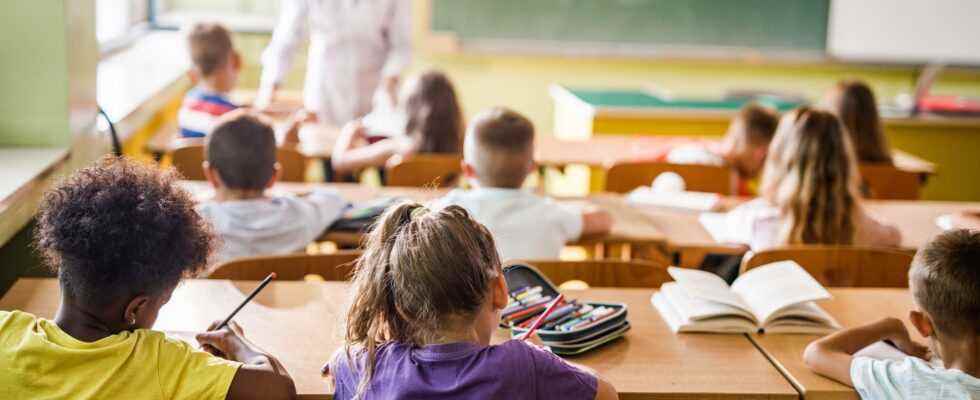However, the model the children follow should not be the only decisive factor when learning German. In 2021, the education journalist Anant Agarwala wrote in a special edition of his book “Das Integrationexperiment” that teaching the German language was mainly outsourced to the preparatory classes – “after that it just has to work”. Thus, the backlog of refugee children would increase from year to year. The SWK also writes that language support must take place over several years.
But according to experts, extracurricular learning is also extremely important – for example through friendships. For Karakayali, “the models in which the students speak as much as possible are particularly efficient,” says the professor: “We may know that ourselves: we learn the language faster on vacation than when we are in a course at an adult education center. « Learning together can happen at school, on the playground or even in kindergarten. Ilka Hofmann recommends that all of her students speak and listen to German as much as possible outside of class – sign up for a football club or dance group, for example, or watch German television.
More recognition for second languages
Some federal states are currently providing additional funds, schools are recruiting Ukrainian teachers, and the children and young people are starting their classes. According to Anja Bensinger-Stolze, board member of the Education and Science Union, the schools are still facing the greatest. “Due to the shortage of teachers and the corona pandemic, we already have a tense situation anyway,” says Bensinger-Stolze, “now there’s another crisis.” Above all, additional teaching staff and support are needed.
»The school must adapt more to the migration society«
(Juliane Karakayali, Professor of Sociology at the Evangelische Hochschule Berlin)
For the sociologist Karakayali, long-term considerations are also crucial, and not only concerning Ukrainian children: “I find it amazing that people act as if school were a place where everyone arrives with the same knowledge of German.” According to a Pisa study by In 2018, the difference between students with »favourable« and »unfavourable« backgrounds in Germany is considerable. A child whose parents are doctors, for example, may learn to read faster than one whose parents live on Hartz 4. While inequality is growing in Germany, other countries have long since tested aid models: In Finland, for example, some students can be supported with extra hours.
According to Karakayali, second languages such as Ukrainian should also be given more recognition. This can be achieved if they can also be tested in the Abitur: »The school has to adapt more to the migration society.« Not the other way around. So the question is not only how well the Ukrainian students learn German, but how much they can build on their previous languages and use them as a strength. Both will pose challenges for the German school system.
